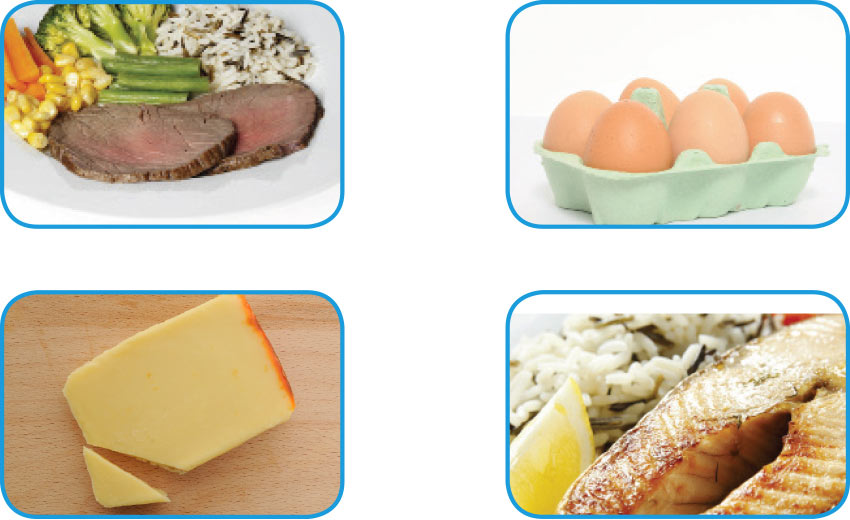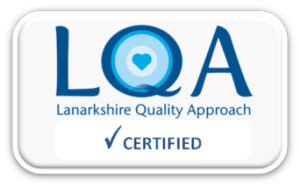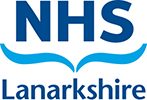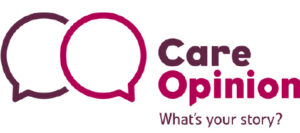Protein - Tips for people with Chronic Kidney Disease (CKD)
Information for patients
NHS Lanarkshire Dietetic Department
PIL.PROTIN.02858.L
What Is Protein?
Protein is in many foods that you eat. Protein can be found in foods from animals and plants. Most diets include both types of protein. Protein provides the building blocks that help maintain and repair muscles, organs and other parts of the body.
Animal – Protein Foods
High Protein
- Meat, such as pork, beef, chicken, turkey, duck, lamb
- Eggs
- Dairy products, such as milk, yogurt, cheese, ice cream, milk puddings such custard, semolina and rice pudding.
- Fish

Plant – Protein Foods
High protein
- Beans, peas, lentils
- Soya foods such as tofu
- Quorn
- Nuts and nut spreads such as peanut butter
- Sunflower seeds
Plant – Protein Foods
Low protein
- Bread, rolls, tortillas, naan bread, chappatis
- Cereals
- Pasta, noodles, rice, couscous, potatoes
- Biscuits, cakes, crisps, popcorn

Why is Protein important for people with Kidney Disease?
When your body uses protein, it produces waste. This waste is removed by the kidneys. Too much protein and too little can make your kidneys work harder, so people with kidney disease may need to try and eat the correct amount of protein.
Animal protein and plant protein should be eaten together to get all of the building blocks that our body needs.
How can I eat the correct amount of Protein?
- Try and take no more than ½ pint milk per day plus one other dairy product such as: 125 – 150g yogurt or two scoops ice cream or a150ml bowl milk pudding
- Try and limit beef, lamb, pork, chicken, fish, lentils or beans to twice per day. A portion at lunch and one a dinner
- If you have a ready made meal stick to the recommended portion sizes i.e. a serving for one
- Try and eat three meals per day. Breakfast, lunch and dinner
- The renal dietitian will keep you right with your ideal portion sizes
- At each meal try and eat a high protein and low protein food
Breakfast
Cereal with milk
- Cereal – low protein
- Milk – high protein
Dinner
Spaghetti Bolognaise
- Spaghetti – low protein
- Meat – high protein
- Yoghurt – high protein
Lunch
Turkey sandwich
- Turkey – high protein
- Bread – low protein
- Pancake and jam – low protein
Supper
- Roll and butter/spread/jam and jam Roll – low protein
Further Information
You should be referred to see the diabetes dietitian for further information and individual advice.
Pub. date: February 2022
Review date: February 2024
Issue No: 04
Reference: PIL.PROTIN.02858.L
22_04516
If you need this information in another language or format, please e-mail:





